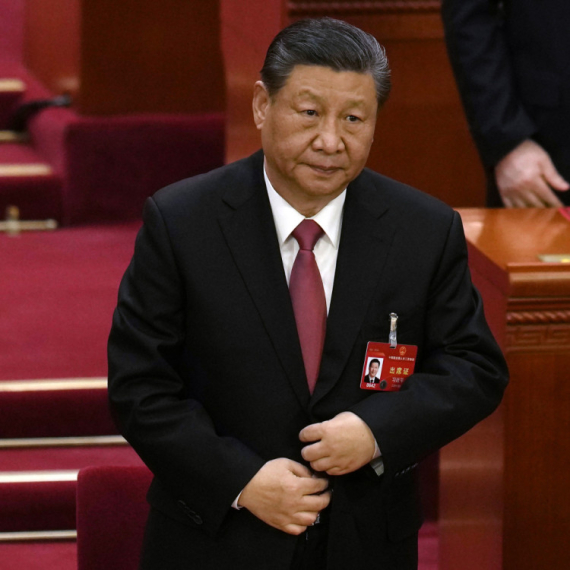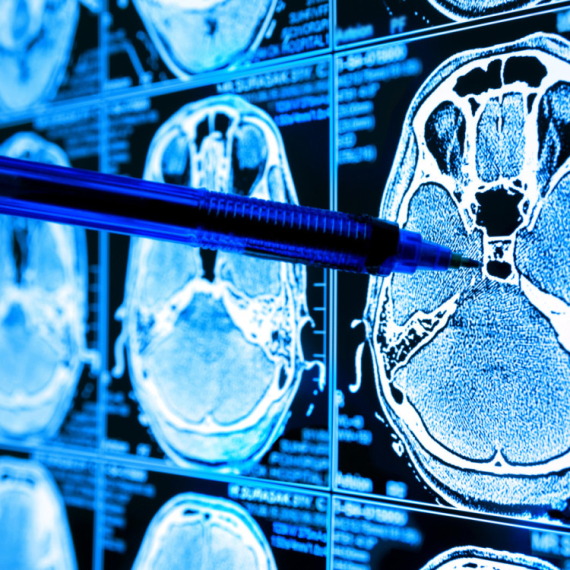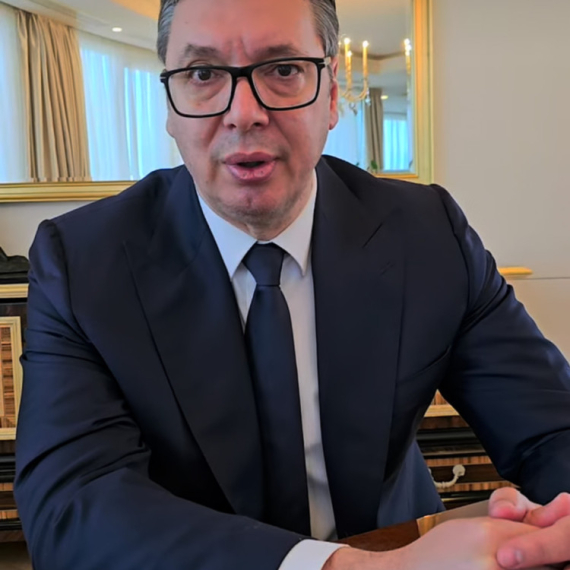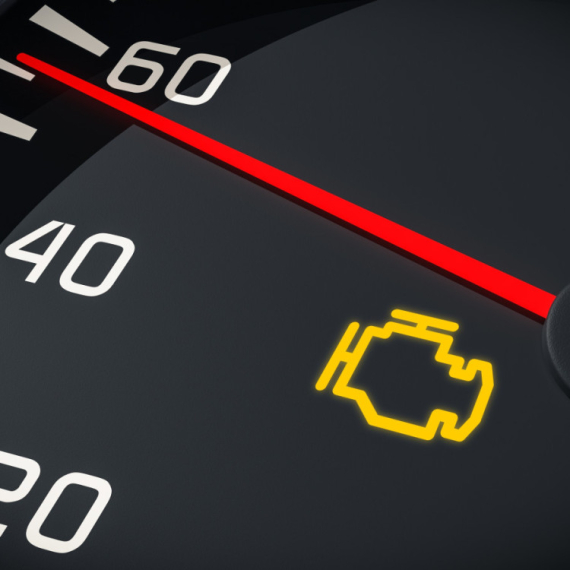Deutsche Bank chief doubts Greece bailout
In an interview with German public broadcaster ZDF, Deutsche Bank CEO Josef Ackermann has questioned Greece's ability to pay down its massive debt.
Friday, 14.05.2010.
10:10

In an interview with German public broadcaster ZDF, Deutsche Bank CEO Josef Ackermann has questioned Greece's ability to pay down its massive debt. This despite an international rescue package of 110 billion euros ($138 billion). Deutsche Bank chief doubts Greece bailout A separate, 750 billion euro fund created to help stabilize the euro, however would help stabilize Spain and Italy's troubled economies, Ackermann said. Ackermann is one of Europe's top bankers, and is a key architect of the private sector contribution to the bailout package to Greece. Despite the bailout and drastic austerity measures from the Greek government, Ackermann isn't completely optimistic when it comes to Greece's total recovery. "I have my doubts about whether Greece is in a really position to step up its efforts," Ackermann said in the ZDF interview. Should Greece fail to get its debt problem under control, Ackermann said it could lead to a sort of "meltdown" that could affect other countries. While Greece's future remains unclear, Ackermann said the EU's fund to stabilize the currency would have a positive impact in Spain and Italy, whose finances are also on shaky ground. Those countries could be stabilized enough to "reduce or consolidate the danger of contagion," but in the case of Portugal, things would be "a little more difficult." Ackermann also had a positive outlook when it comes to inflation in the eurozone and the euro's strength as a world currency. "In the next two to three years, I don't see any chance of [high inflation]." Ackermann said. We have very clear economic growth, we have unutilized capacity… inflation is surely not our problem." He added that the euro remained "fundamentally strong," despite recent dips in trading against the dollar. In fact, said Ackermann, a weakened euro could actually be beneficial to Germany, who relies heavily on exports.
Deutsche Bank chief doubts Greece bailout
A separate, 750 billion euro fund created to help stabilize the euro, however would help stabilize Spain and Italy's troubled economies, Ackermann said.Ackermann is one of Europe's top bankers, and is a key architect of the private sector contribution to the bailout package to Greece. Despite the bailout and drastic austerity measures from the Greek government, Ackermann isn't completely optimistic when it comes to Greece's total recovery.
"I have my doubts about whether Greece is in a really position to step up its efforts," Ackermann said in the ZDF interview.
Should Greece fail to get its debt problem under control, Ackermann said it could lead to a sort of "meltdown" that could affect other countries.
While Greece's future remains unclear, Ackermann said the EU's fund to stabilize the currency would have a positive impact in Spain and Italy, whose finances are also on shaky ground. Those countries could be stabilized enough to "reduce or consolidate the danger of contagion," but in the case of Portugal, things would be "a little more difficult."
Ackermann also had a positive outlook when it comes to inflation in the eurozone and the euro's strength as a world currency.
"In the next two to three years, I don't see any chance of [high inflation]." Ackermann said. We have very clear economic growth, we have unutilized capacity… inflation is surely not our problem."
He added that the euro remained "fundamentally strong," despite recent dips in trading against the dollar.
In fact, said Ackermann, a weakened euro could actually be beneficial to Germany, who relies heavily on exports.



























































Komentari 0